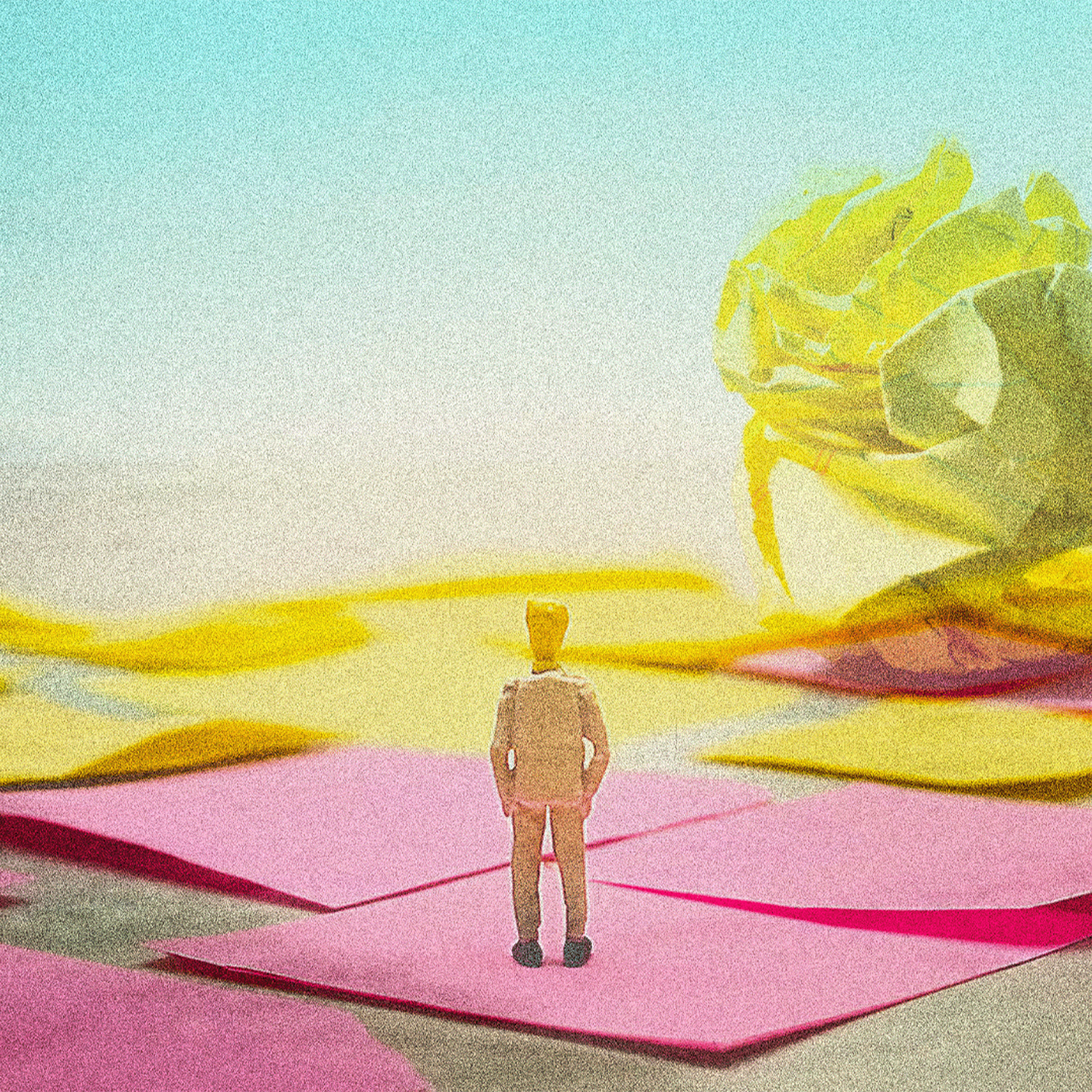
Deep Dive
Why is fasting considered a powerful practice beyond just health and fitness?
Fasting is seen as a way to assert agency and redefine boundaries between oneself and the world. It allows for a reconsideration of physical and mental boundaries, fostering a meditative state that can lead to unexpected insights and creativity.
What are the physiological changes that occur during fasting?
During fasting, the body releases a cocktail of chemicals including ketone bodies, endocannabinoids, serotonin, and BHB. These hormones can lead to feelings of serenity and calm, and in some cases, enhanced memory and clarity.
Why does Adam Phillips argue that giving up can be a path to feeling more alive?
Phillips suggests that giving up certainties and embracing the unknown can lead to a more profound engagement with life. It involves tapping into the unconscious and bypassing the rational self, allowing for a freer, more open experience of the world.
How does Maggie Jackson define the benefits of uncertainty in her book?
Jackson argues that uncertainty is not just a state of unease but a frontier of potential. It sharpens focus, expands working memory, and invites curiosity, making it a crucial skill in an age dominated by instant answers and efficiency.
What role does the gut play in our conscious experience, according to John Oakes?
The gut, often referred to as the second brain, contains hundreds of millions of neurons that influence our decisions and emotions. Fasting involves a conscious decision to go against the gut's impulses, creating a temporary battle between the brain in the head and the brain in the gut.
Why does Maggie Jackson believe that uncertainty is crucial in the age of AI?
Jackson highlights that AI excels in quick, heuristic thinking but lacks the reflective and liminal thinking that uncertainty fosters. Embracing uncertainty is essential for balancing the rapid, often superficial answers provided by AI with deeper, more nuanced human thought.
How does fasting historically connect with religious and protest traditions?
Fasting has deep roots in religious practices across cultures, from the Iliad to the Bible and Islam. It is also a form of protest, used by activists like Cesar Chavez to draw attention to their causes. Fasting symbolizes a withdrawal from the norm to assert a higher purpose or demand change.
What is the difference between narrow and wide attention, according to Adam Phillips?
Narrow attention is focused and goal-oriented, while wide attention is open and receptive, allowing for a broader range of stimuli and experiences. Wide attention can lead to greater creativity and a deeper engagement with the world, bypassing the protective mechanisms of the rational self.
How does Maggie Jackson describe the psychological response to uncertainty?
Uncertainty triggers a stress response that sharpens focus and expands working memory, akin to 'curious eyes.' It signals the brain that there is something to be learned, making it a powerful tool for adaptation and growth.
What does Adam Phillips mean by the 'giving up instinct'?
Phillips reframes the Freudian death instinct as a 'giving up instinct,' where giving up certain desires or certainties can lead to a more fulfilling life. It involves letting go of the need for constant pleasure and gratification, embracing a life of greater complexity and uncertainty.
Shownotes Transcript
We get the message before we’re out of training pants – when the going gets tough, look on the bright side, make lemonade out of lemons and just do it. We’re going to consider the exact opposite – the wisdom of giving up and letting go. Because sometimes, the strongest and most courageous thing you can do is walk away.
Original Air Date: April 27, 2024
**Interviews In This Hour: **The boundary-breaking power of fasting) — How do we know when to call it quits?) — Escaping the tyranny of certainty)
**Guests: **John Oakes), Adam Phillips), Maggie Jackson)
Never want to miss an episode? Subscribe to the podcast.)*Want to hear more from us, including extended interviews and favorites from the archive? *Subscribe to our newsletter.)